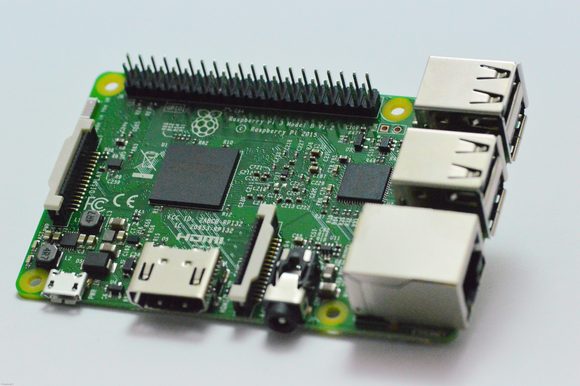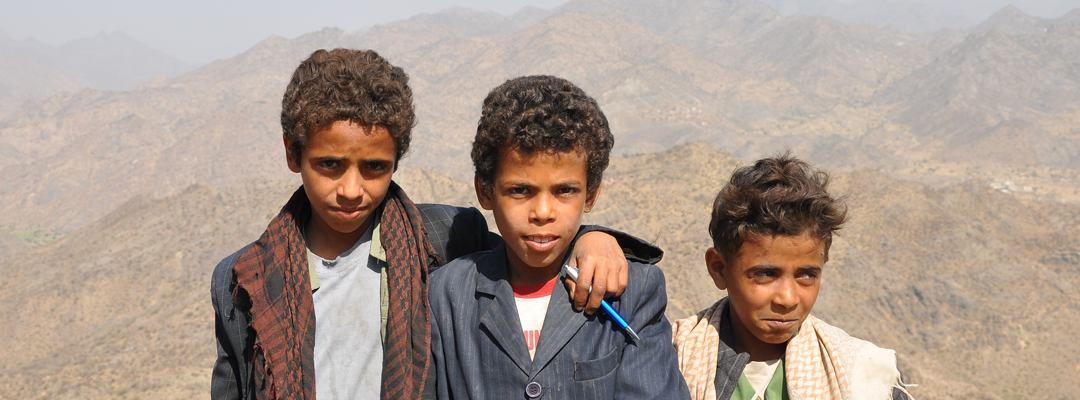Lifting A Nation’s Educational Needs With A $35 Computer
Poverty and illiteracy plague Yemen’s children. To bolster education, the mightiest tool might be a $35 computer known as the Raspberry Pi. Throughout Yemen, especially in the most remote locations, unstable power sources and the lack of Internet connections threaten the ability of students to harness science and technology. Access to both is necessary for our children to develop.
The low-cost factor, easy portability and low-energy consumption of the Raspberry Pi may be an important bridge to modern society, creating enthusiasm through technological accessibility. A paper at the Computer Science and Electronic Engineering Conference (CEEC) put forth that:
“The recent development of the Raspberry Pi mini-computer has unlocked great potential for computing to be applied in a vast number of areas. Due to the unique advantages of the Raspberry Pi system, this technology holds great promise for providing solutions within the developing world. This includes but is not limited to education tools, especially the use of GPIO (General Purpose Input/Output) which allows automated data acquisition and producing simple digital control systems in a school laboratory setting.”
That means that children who otherwise might be unexposed to computer technology that many cultures take for granted will be able not only to imagine grand ideas but also to make them come to life.

Kids are inspired by technology. In Yemen, when groups help deliver microtechnology like Raspberry Pi, a $35 computer, they strengthen the country’s education system.
Robots. Game consoles. Radios. Calculators.
These are a given in places where electricity reliably flows at the flip of a switch. But computer technology becomes a magic wand for children who lack books, classrooms and lights.
Projects and investments that help deliver microtechnology like Raspberry Pi or put similar hardware into the hands of students and teachers in Yemen help stabilize the present, shape our education and secure better days, months and generations ahead.
Trying to turn children from mainly being passive consumers of technology to actually making things themselves and building knowledge through experimentation always has been a challenge.
In the past, such technology was either expensive, requiring a lot of different equipment, or complicated and required teacher training that sometimes took many months to complete.
Microtechnology has made that task a whole lot easier, advancing in just years what otherwise might have taken decades or longer.
~ Haitham Alaini
